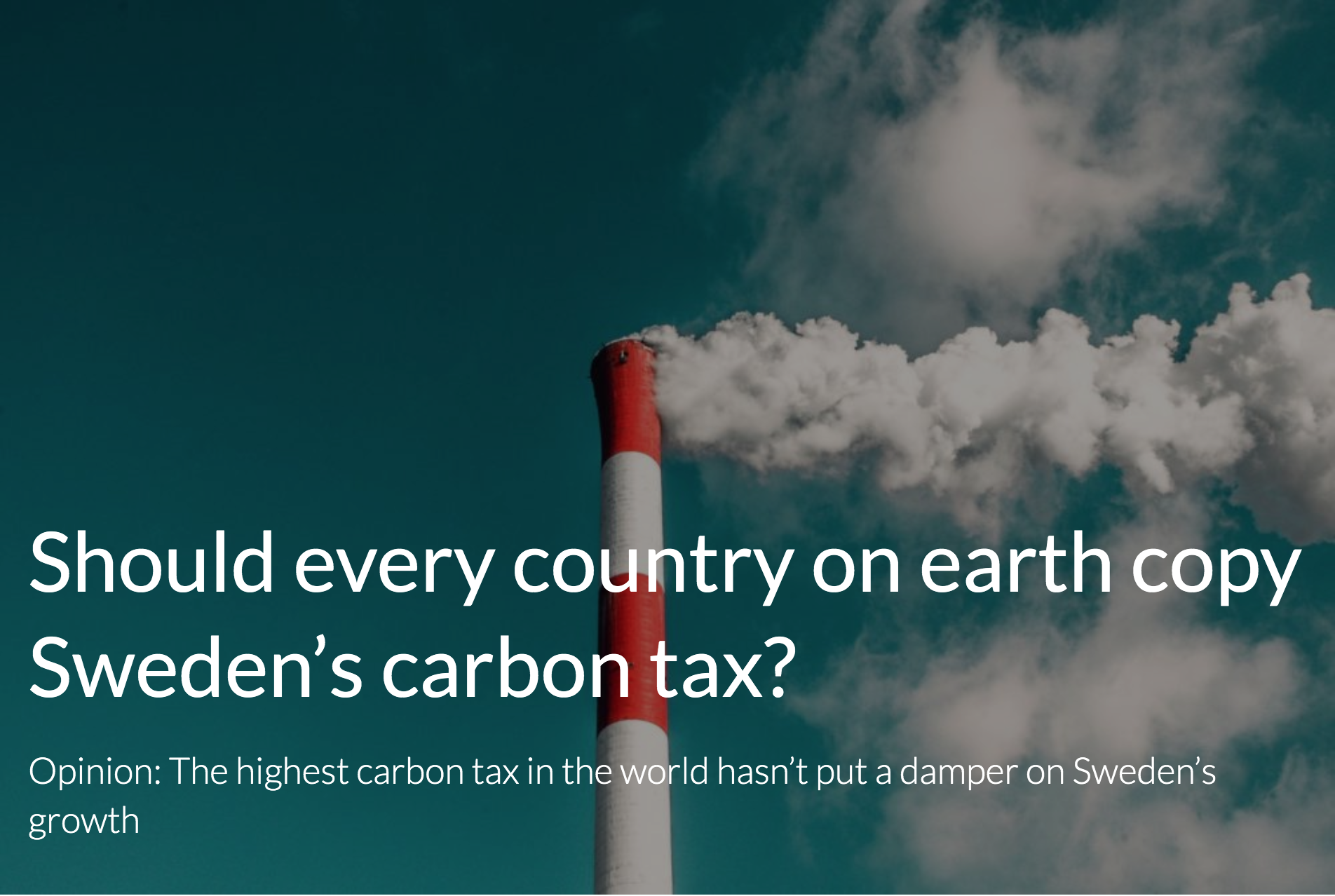Update from the regional private sector online dialogue hosted by GIZ Global Carbon Markets Programme on behalf of the German Federal Ministry of Environment, Nature Conservation and Nuclear Safety, in collaboration with the Eastern Africa Alliance on Carbon Markets and Climate Finance, together with the UNFCCC Regional Collaboration Centre in Kampala and the Climate Finance Innovators Programme.
Green Aluminium Can Power Europe's Recovery
As the world struggles with the medical and economic threat of COVID-19 it cannot, however, lower its efforts in dealing with the truly existential threat of Climate Change. The need to rebuild the economy post-virus presents us with an opportunity to choose a low-carbon path to recovery while designing and implementing large-scale economic support, stimulus and recovery packages all over the world to Build Back Better.
Economic recovery can stimulate progress towards a global Net-Zero goal
The Covid-19 pandemic presents massive challenges to our global community, but it could also offer an opportunity to press ahead towards the “Net Zero” goals of the Paris Agreement. Around the world, governments are crafting stimulus packages to boost economies out of recession. Many economists and business leaders see this as an opportunity to put green objectives at the center of these plans – including Net Zero climate goals.
Defining Carbon Pricing Policy and Instruments
Dealing with climate change mitigation requires the implementation of a wide array of policies and instruments. Carbon pricing, considered a cost-efficient instrument to achieve mitigation objectives, continues to receive increasing attention. Although there is clarity of what carbon pricing means in theory, there is less understanding of what it means in practice. This, in my view, generates some confusion when policymakers are assessing whether to implement a carbon pricing policy or a carbon pricing instrument (CPI).
Getting to Net Zero and the Role of Carbon Pricing
Last January, the Carbon Pricing Leadership Coalition convened a meeting of experts from governments, industry, financing institutions, civil society, research, and academia to discuss the concept of net-zero and carbon neutrality and the role of carbon pricing policies and measures in this regard. The dialogue was conducted under Chatham house rules.
Why carbon pricing is an effective enabler in the transition to a low carbon economy
People are encouraged to do less of something when extra charges are incurred which is why carbon pricing policies have gained so much popularity as an effective enabler in addressing climate change. By putting a price on carbon, countries and industries are encouraged to limit their use of fossil fuels, thus shifting to cleaner energy sources and technologies and, consequentially, reducing their contribution to the climate crisis. A group of 11,000 scientists have, in fact, listed carbon pricing as one of their six recommendations for saving the planet.
Carbon Markets and Blockchain, or Ronald Coase meets Satoshi Nakamoto
For carbon market integration to occur there are at least three conditions, first, there must be political will expressed through global, regional or bilateral agreements. Second, there must be some accounting recognition through the climate convention process, namely resolution of article 6 of the Paris Agreement. But there is also a third condition: there must be an institutional infrastructure to make carbon markets viable; for this, governments, or private agents, must deal with the high transaction costs of carbon market exchange.
Net-Zero Commitments make Madrid Carbon Market Letdown more Critical
For the second consecutive year, debate over carbon markets sullied the outcome of global climate change negotiations. COP25 in Madrid began with Article 6 on international mitigation cooperation as the only unfinished section of a rulebook for executing the Paris Agreement, and the wickedest problem on docket. A year of advance work and two weeks of deliberation proved insufficient, and Article 6 will again be front and center at COP26 in Glasgow in 2020. Why is Article 6 so contentious and what are the implications of another failure to resolve it?
Should every country on earth copy Sweden’s carbon tax?
Carbon pricing, meaning carbon taxes and emission trading schemes, is widely recognised as the most cost-effective way to reduce carbon emissions. A growing number of countries and jurisdictions are therefore implementing carbon pricing tools as well as strengthening existing once. Yet carbon pricing is, in the words of John Roome, Senior Director at the World Bank’s Climate Change Group, “nowhere near where it should be [as it] still covers only a small part of global emissions at prices too low to significantly reduce emissions”.















